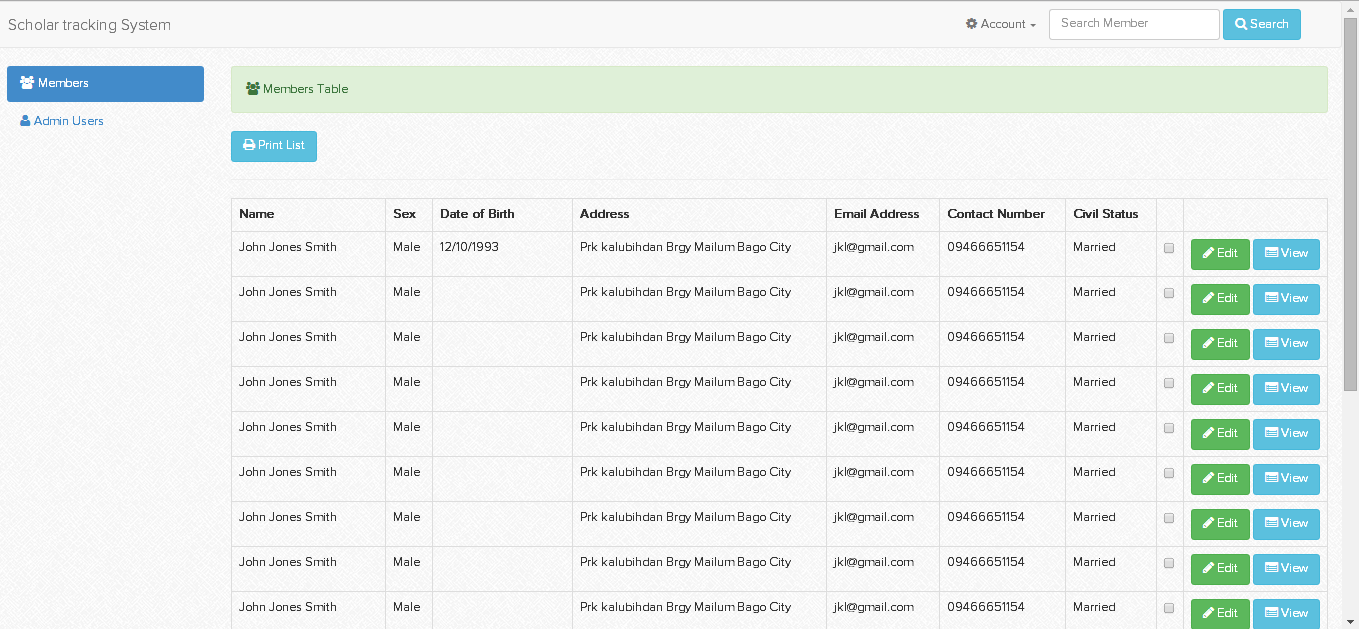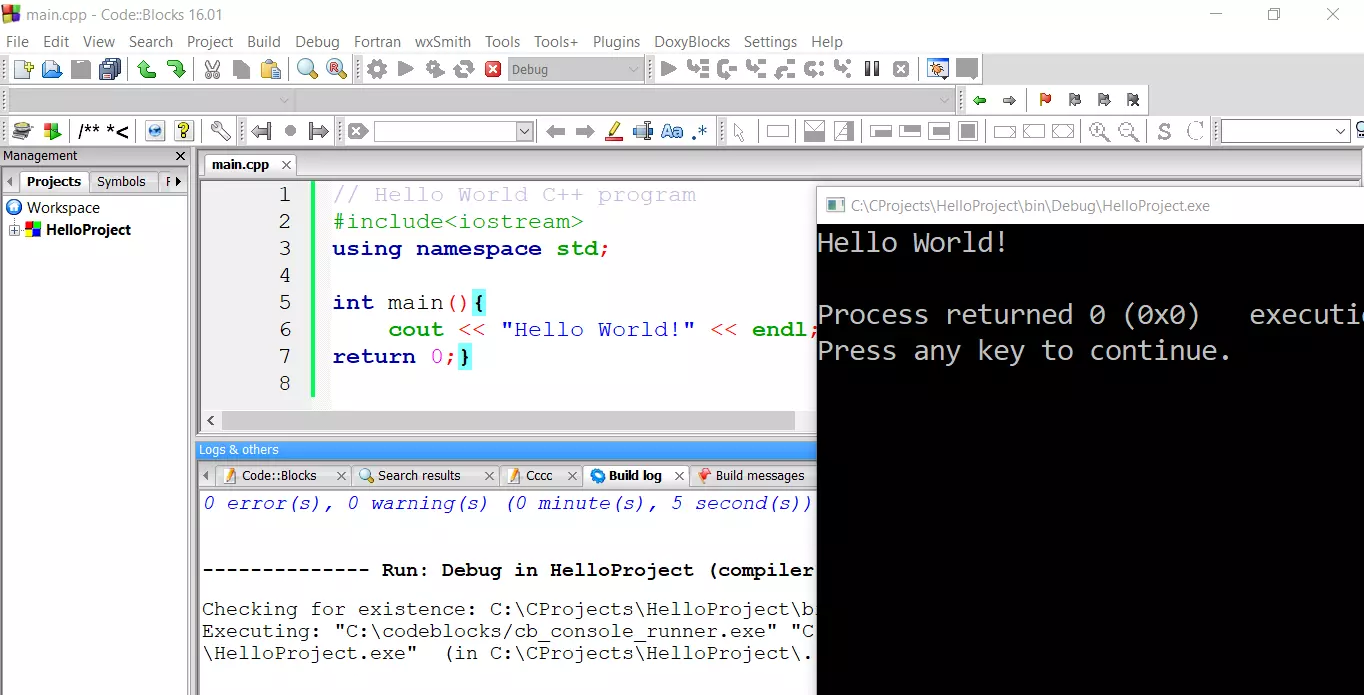

Moreover, you won't risk polluting the sources with XCode-specific files and adding them by mistake to your source code repository.įirst of all, an External Build System project must be created: XCode lets you add references to the source files in a project, so that the physical location of either thing is irrelevant.

In this use case I prefer to maintain the sources completely separated from the XCode project. Since there's no native support for the GNU Build System in XCode, some manual configuration must be performed to have XCode use the Makefile (and the other artefacts) generated by autoconf and automake for your project. Sometimes, however, it may be desirable to use Apple XCode instead of the aforementioned IDEs. The only shortcoming of these IDEs is the lack of support for Apple frameworks and in another post I showed one possible workaround and provided the ZSH script I use, hosted on GitHub, to automatically create the soft links to include in the C/C++ include paths of your project. Some posts ago I wrote about two of the best portable C/C++ IDEs, NetBeans and Eclipse CDT, and their support for projects configured and built with the GNU Build System (a.k.a.


 0 kommentar(er)
0 kommentar(er)
